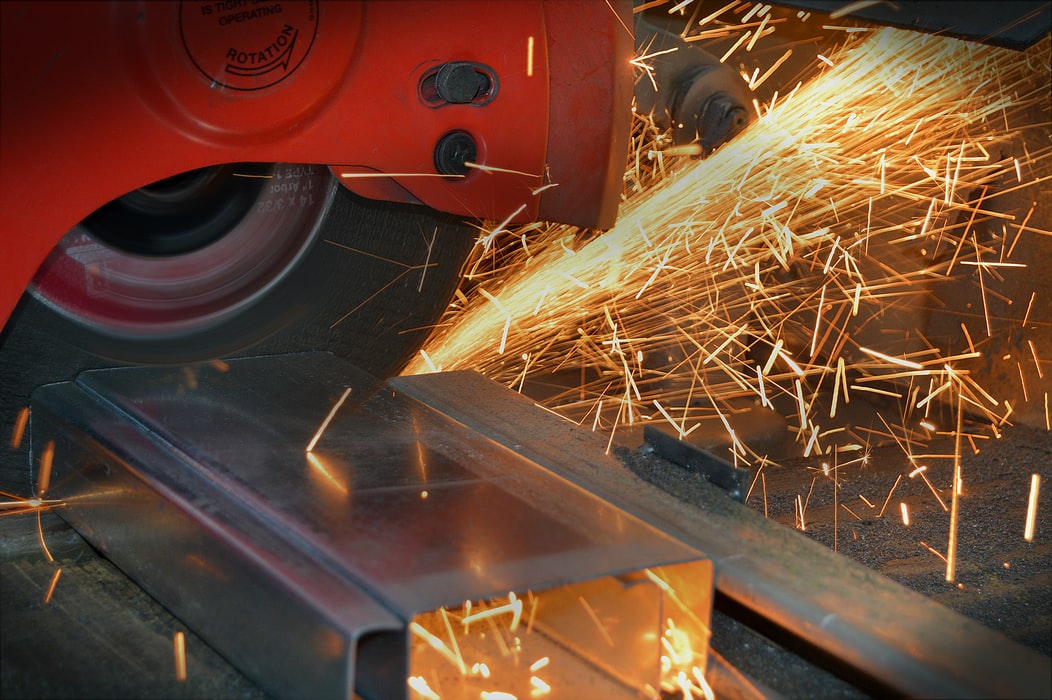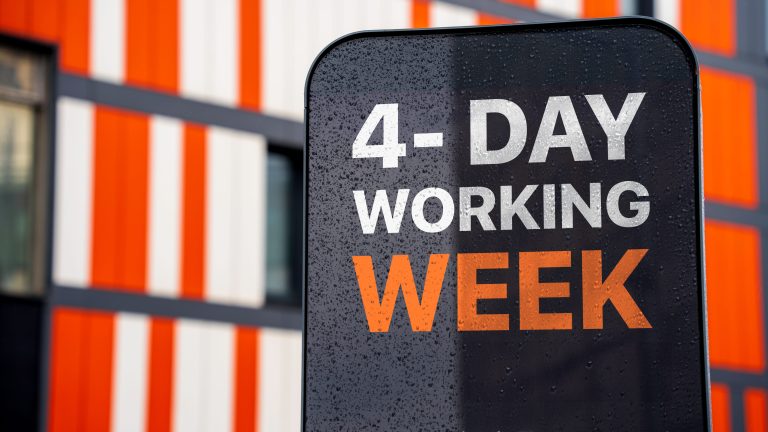BLOG
HSE inspecting fabricated metal businesses regarding respiratory risks
Written by Nick Wilson on 12 February 2021

The Health and Safety Executive (HSE) has announced a new inspection blitz focused on fabricated metal businesses.
Businesses across Great Britain whose workers carry out welding or use metalworking fluids are being targeted. Checks are to ensure firms manage the respiratory risks of welding fumes and metalworking fluids, and that relevant HSE guidance is being complied with.
As an employer, you are legally required to control the risks to workers from exposure to hazardous substances. During visits, you will need to demonstrate that you have measures in place to:
- Manage the risks associated with welding fumes and metalworking fluids.
- Protect workers’ respiratory health and prevent occupational lung disease.
12,000 fatalities
Scientific evidence indicates that inhaling fume from welding causes lung cancer. Inhaling mist from metalworking fluids is similarly linked to a range of lung diseases, including occupational asthma and occupational hypersensitivity pneumonitis (OHP). Accordingly, inspectors will look for evidence that:
- You and your workers know the risks.
- Work is correctly planned to minimise risk.
- Adequate control measures are in place to protect workers’ health.
While the regulator’s primary focus will be on lung health, if inspectors identify other areas of concern, they will take the necessary enforcement action. This includes making sure businesses are COVID-secure.
Clare Owen, the HSE’s manufacturing head, said: “12,000 people died last year from lung diseases estimated to be linked to past exposure from work, with thousands more cases of ill health and working days lost. We want businesses whose workers use metalworking fluids and undertake welding activities to take action now to protect their workers’ respiratory health.”
Ms Owen adds: “Our inspection initiative aims to ensure employers and workers are aware of the risks associated with the activities they do. They must recognise these dangers and manage these risks through reducing exposure.”
Related Content
Do you need support?
Speak to us for an honest, no obligation chat on:
0345 226 8393 Lines are open 9am – 5pm
Tips for a stress-free inspection
The HSE has said it will “no longer accept any welding undertaken without any suitable exposure control measures in place, as there is no known level of safe exposure”. As such, employers found not to be following the guidance can expect an improvement notice as a minimum.
First, make sure to update your risk assessment. The Control of Substances Hazardous to Health Regulations 2002 (COSHH) require employers carry out a suitable and sufficient risk assessment for those exposed to welding fumes and metalwork fluids. The HSE says it expects suitable engineering controls to be in place for all indoor welding activity such as local exhaust ventilation (LEV). Where LEV alone doesn’t adequately control exposure, it should be supplemented by adequate and suitable respiratory protective equipment (RPE) to protect against residual fume. Where LEV is installed, ensure you have had the required statutory thorough examination and test by a competent person, at least every 14 months.
For outdoor welding, inspectors will expect suitable RPE to be used. Workers should be trained to correctly use the provided RPE and LEV – it should be suitable for the task and maintained in good condition.
Exactly what controls are required in managing metalworking fluids will depend on the circumstances. However, as a general rule, work activities and operations should be designed to minimise emissions and contact with metalworking fluids. This may involve enclosing a process or the use of LEV. Where exposure can’t be adequately controlled, controls should be in place to minimise exposure and suitable personal protective equipment provided. Workers should receive adequate information, training and supervision.
Use the HSE’s welding guidance and resources to prepare for inspection.

Head of Compliance, GFM Ltd
Fulfil your safety duties with specialist support
If metalwork is only a minor part of your activity, you may not be specifically targeted. However, be warned – if inspectors are on site for other reasons and they spot that you’re carrying out this type of work, they are likely to bring it up. Similarly, if you are targeted as part of this campaign, other aspects of your health and safety management may come under the spotlight.
If you’re not fully confident in your compliance, Ellis Whittam can support you to proactively protect your workers from harm and help your business stand up to regulator scrutiny. To find out how our fixed-fee Health & Safety service can help your fabrication or manufacturing business to ensure a smooth, successful inspection and stay on top of your responsibilities on a daily basis, call 0345 226 8393 or request your free consultation using the button below.
Sign up for the latest news & insights
Resources
Latest News & Insights

Labour’s plans for National Minimum Wage | What employers need to know ahead of April 2025
BLOG Written by Kyle Williams on 21 October 2024 Get ready for a substantial boost to the National Minimum Wage (NMW), which is set to

The dangers of dismissing employees over customer complaints
BLOG Written by Jane Hallas on 27 September 2024 As a business owner or HR professional, protecting your company’s reputation is paramount. As such, when

Are cover letters outdated in the recruitment process?
BLOG Written by Danielle Fargnoli on 26 September 2024 Recruitment best practices evolve over time. For example, employers are beginning to question whether CVs or

4-day week | Benefits, challenges and busting media myths
BLOG Written by Susie Lockhart on 17 September 2024 Recent reports suggest that the UK Labour government is planning to introduce legislation that would give

Grenfell Tower Inquest | Learnings from the Phase 2 report
BLOG Written by Natasha Hamblin CMIOSH, TIFSM on 10 September 2024 On Wednesday, 4 September, the Grenfell Tower Inquiry Panel published its second and final

Sexual harassment | What employers need to know about the new statutory duty
BLOG Written by Lorna Gemmell on 9 September 2024 As an employer, one of your most important responsibilities is to protect and safeguard your workforce

Changes to tipping laws | What employers need to know
BLOG Written Toyah Marshall on 9 September 2024 About 7% of UK workers receive tips as part of their work. Many hospitality workers rely on

6 ways Labour’s proposed reforms will impact schools
BLOG Written by Jane Hallas on 9 September 2024 As the new Labour government continues to advance its legislative agenda, educational institutions must be prepared

Right to disconnect | Could the UK be next?
BLOG Written by Gerard O’Hare on 5 September 2024 In 2024, the boundaries between work and personal life are becoming increasingly blurred. The rise of










